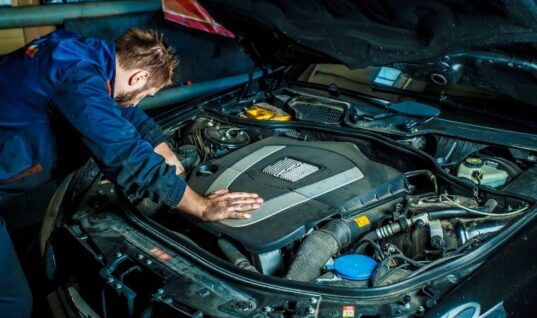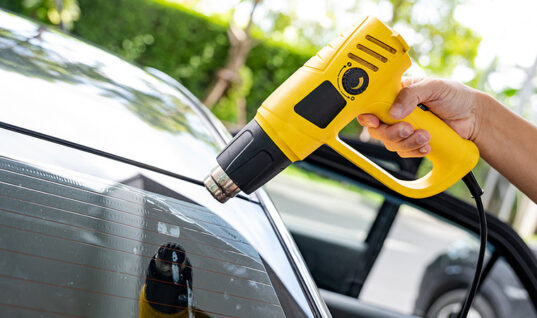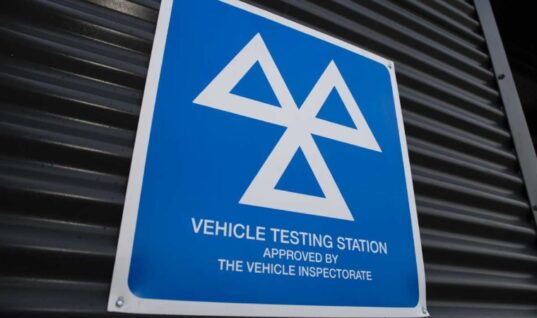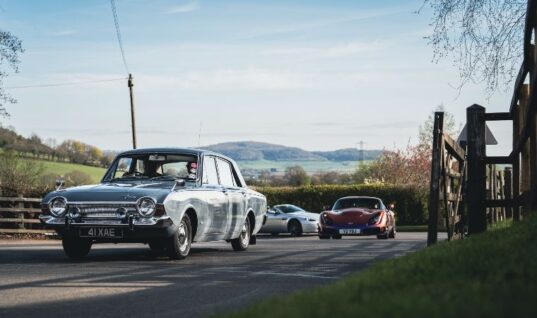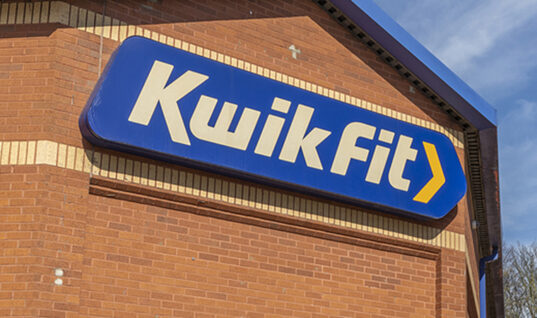The overwhelming majority (97 per cent) of surveyed global automotive executives are confident of hitting government-imposed phase-out dates for internal combustion engine (ICE) vehicles, a new study has found.
Despite this the Castrol and bp pulse research suggests they don’t necessarily have a clear path to get there: just 40 per cent in the survey feel that their company is currently ready to transition from ICE vehicles to EVs.
The study finds that car manufacturers are focused on overcoming these challenges however, with almost two-thirds (66 per cent) of global automotive executives stating that the transition is the number one strategic priority for their organisation.
This is reflected in how research and development spend is changing too.
The study found that in 2015 an average of just 11 per cent of research and development spend was focused on fully electric vehicles, but this has almost doubled to 21 per cent today and automotive executives anticipate it will reach 31 per cent by 2025, almost a three-fold increase over 10 years.
If hybrid vehicles are also taken into account, by 2025 surveyed automotive executives predict that over 70 per cent of their research and development spend will be focused on EVs and hybrids.
Related: New garage event set to showcase UK aftermarket’s response to vehicle electrification
Consumers are also switching mindsets, with 51 per cent of all surveyed consumers in the UK considering an EV for their next vehicle purchase.
Amongst consumers in the report who have already made the switch, 100 per cent would consider an EV for their next vehicle purchase.
The majority of survey participants believe that governments have a critical role in the transition to EVs.
Government-mandated ICE phase-out targets are cited as the number one factor accelerating the industry’s transition, according to 63 per cent of global automotive executives in the study.
Net zero targets are also a significant factor, with 57 per cent of the automotive executives stating that they are an important driver.
When it comes to consumers, the study finds that helping to lower air pollution in urban areas and the fact that EVs emit lower carbon emissions than petrol- or diesel-powered vehicles are the most influential factors in persuading current ICE and hybrid drivers in the UK to make the switch.
This was followed by lower running costs and lower maintenance costs, Price concerns are also subsiding with over half of all surveyed consumers now persuaded that the overall cost of an EV – when tax, fuel and maintenance costs are taken into account as well as upfront price – is lower than an equivalent petrol or diesel vehicle.
Related: Plug-in grant for cars to end as focus moves to improving electric vehicle charging
Nicola Buck, SVP Marketing bp and CMO Castrol said: “It’s an exciting time for the automotive industry and we are committed to working with our industry partners to help bring forward the next generation of technologies and help accelerate the transition to EVs.
“The world of transport is going electric and products such as Castrol ON EV Fluids and bp pulse charging solutions will have an important role to play.”
According to the research, the biggest barrier slowing the industry’s transition to electric vehicles is the high cost of batteries with 56 per cent of global automotive executives citing this as a concern.
The next most significant barriers were found to be the availability of charging infrastructure (43 per cent) and a lack of tech talent (40 per cent).
Consumers in the UK also share concerns around charging infrastructure.
Seventy-five per cent of non-EV drivers in the study believe that charging infrastructure for EVs is not prevalent enough.
Related: UK motorists delay car repairs and maintenance over cost fears
However, despite the majority agreeing that the overall cost of EV ownership is lower than a petrol or diesel car, the biggest deterrent to EV ownership was found to be a perceived higher upfront cost with 77 per cent of consumers stating that EVs are more expensive than petrol or diesel cars.
Range concerns were also found to be a deterrent with 74% believing EVs have a shorter range than petrol- or diesel-powered vehicles so are unsuitable for long journeys as well as a lack of prevalence of ultra-fast charging (also 74 per cent).
To accelerate the transition to electric vehicles, the industry – including Castrol and bp pulse– needs to work together to overcome these roadblocks.
Governments, infrastructure providers, car manufacturers and suppliers will need to collaborate closely and effectively to enhance the reliability and availability of charging infrastructure, improving the battery life and mileage range of vehicles, and reduce the upfront cost.
Castrol is committed to working with our industry partners to accelerate the transition, helping to switch on an electric future.
Castrol ON EV Fluids aim to bring the industry closer to overcoming the challenges faced by helping EVs go further, charge faster and last longer.
Bp pulse says it is committed to helping make the switch to EV easier by building a significant public charging network and reliable charging products and services, that is fast, simple to use and totally seamless.


